When Foolish People Destroy History
Wars, natural disasters, and the ravages of time have been causing the damage and destruction of historical objects for ages. However, today's people are rapidly compounding the loss by recklessly mismanaging and harming historical items as well. From ancient treasures to century-old statues, these are 20 of the biggest artifact catastrophes in history.
1. Temple of Artemis
The Temple of Artemis was one of the seven wonders of the ancient world. It was rebuilt around 550 BC and was constructed with towering 40-foot columns and marble that reached nearly 400 feet long. For nearly two centuries, the temple was a destination for visitors from all over the Greek world, who traveled to see the grandeur and beauty of the building. In 356 BC, it was burned to the ground intentionally by a man named Herostratus, who wanted to be remembered for his deed.
2. Cristovo de Cea Tomb
A 6,000-year-old tomb was unintentionally destroyed by workers in Spain in 2015. The ancient burial site was filled with concrete, and workers from Cristovo de Cea set a picnic table on top, mistaking the megalithic structure for a broken bench. Workers who poured concrete into the tomb did not realize it was thousands of years old. This sad, unfortunate example of tomb desecration shows the importance of knowing when construction projects can damage historical sites.
 Bruno van der Kraan on Unsplash
Bruno van der Kraan on Unsplash
3. El Paraíso Pyramid, Peru
In Peru, at the El Paraíso archaeological site, a 4,000-year-old pyramid was illegally bulldozed and burned by real estate developers trying to clear the area. It is one of the country's oldest and largest archaeological sites, predating the emergence of the Incan Empire. Onlookers stopped the criminals from destroying more of the area, and they were later charged with crimes against culture.
4. Troy
Troy is an archaeological site in Turkey, the setting of Homer's Iliad, which Schliemann partially excavated in the 1870s. Schliemann wrought great destruction, with walls blasted and trenches dug, which irreparably changed the site. He was so impatient and destructive that scholars have estimated he destroyed a prodigious amount of material, and he has become an object lesson about untrained excavation. Troy is an important site, but its modern remains are the product of many centuries of human and natural impact.
5. Los Escolares Cave Artwork
Southern Spain's Los Escolares Cave was the site of a mural painting. Drawn thousands of years ago, this unknown long-armed humanoid has endured millennia of natural erosion. The artwork was rediscovered in 1973 and went unharmed until 2014, when thieves tried to chisel off a portion. They left damage that can't be undone, raising concern for the safety of other antiquities even in UNESCO World Heritage Sites.
6. Noh Mul Pyramid, Belize
One of Belize’s most impressive Mayan pyramids, the 250 BC Noh Mul was razed in 2013 when work crews used its stones as fill for a road. Standing nearly 60 feet high, the pyramid was not only impressive but also a tribute to the skills and longevity of ancient cultures. In this case, despite fines and charges against the workers, the loss is irrevocable.
 Dmitrii Zhodzishskii on Unsplash
Dmitrii Zhodzishskii on Unsplash
7. Tro Rock Carving, Norway
This rock carving on Norway’s island of Tro is one of the oldest in the world to show a man on skis. It’s 5,000 years old, which makes skiing one of humanity’s oldest documented pastimes. The teens who carved over it in 2016 claimed they wanted to make the image brighter and clearer. Despite turning themselves in and being prosecuted, they caused serious damage to the ancient work of art.
8. Tutankhamun’s Mask
Tutankhamun's mask is one of ancient Egypt's most famous and valuable treasures, which was discovered in 1922. Its beard, after being broken and reattached, was accidentally damaged in 2014 during a botched superglue repair, leaving scratches that were only able to be removed by a professional restoration. Eight people were charged for negligence in handling the priceless artifact, demonstrating the need for care even with the best of intentions.
9. Atacama Desert Geoglyphs, Chile
Geoglyphs in the Atacama Desert in Chile are several thousand years old. When vehicles damaged some of the protected sites during the Dakar Rally, archaeologists criticized the decision to allow motorized vehicles in some areas of the Atacama, where the desert floor's cultural landscape is extremely fragile. The racing demonstrated a relatively modern impact on a fragile and ancient cultural site.
10. Nazca Lines, Peru
Made between 500 BC and 500 AD, the Nazca Lines in southern Peru are massive drawings on the ground of animals, humans, and geometric shapes. Over the past few years, the lines have been damaged by construction, vehicles, and even some thoughtless tourists, threatening one of the world's most famous archaeological treasures. Stretching more than 1,000 feet, the lines can only be seen in their entirety from above.
11. The Star-Spangled Banner
The Star-Spangled Banner is one of the first flags to have been made in America during the Revolutionary War. The flag was originally sewn with 15 stars but now only has 14. The Star-Spangled Banner was held in captivity by the British for a few days during the War of 1812, and once the British troops surrendered, the flag was returned to Lt. Col. George Armistead. He then kept the flag for the rest of his life, after which it was passed down to his daughter, Georgiana. Over time, she ripped pieces of the flag and sold them to admirers until almost 200 square feet of fabric were missing from the flag, which finally passed into Smithsonian conservators' hands in 1907.
12. Nirmena Nala Rock Shelter Handprints
In the Nirmena Nala rock shelter in Tasmania, thousands of years of human history were preserved in the form of Aboriginal stenciled handprints. In mere minutes, vandals destroyed the prehistoric paintings by scratching over them with a rock. The damage could not be undone, wiping away an irreplaceable record of early art and culture.
13. House of Hesse Treasure, Germany
Three U.S. Army officers found a secret stash of jewels and gold belonging to Germany's House of Hesse during WWII. Rather than safeguarding them, they stole the treasure and even pawned off some of the smaller pieces. The men were court-martialed and served prison sentences, but many of the missing jewels were never found.
 Internet Archive Book Images on Wikimedia
Internet Archive Book Images on Wikimedia
14. Egyptian Museum Looting, Cairo
Looters in 2011 raided the Egyptian Museum in Cairo in search of gold. They smashed objects, destroyed figurines, and stole parts of 2,000-year-old mummies before escaping. Looters were later arrested, but most of the damage was irreversible.
15. The Amber Room
The Amber Room was constructed in 1717 for Peter the Great and was considered the eighth wonder of the world. During WWII, the Nazis dismantled the room. After the war, it was never found and was later destroyed in a fire at Königsberg Castle. It is a well-known architectural tragedy of history.
16. Claude Monet
Irish vandal Andrew Shannon punched a hole in Claude Monet’s painting Argenteuil Basin with a Single Sailboat in 2012 at the National Gallery of Ireland. The €10 million Impressionist painting features a peaceful scene on the Seine River. The work was meticulously restored over 18 months, but the attack highlights the vulnerability of priceless artwork.
17. Dom Sebastian I Statue, Lisbon
In Lisbon, a 126-year-old statue of Portuguese King Dom Sebastian I was toppled by a man trying to take a selfie on top of the monument. The statue collapsed, breaking into pieces and effectively bringing an end to more than a century of history. The incident has once again raised concerns over the threats new forms of tourism present to historical monuments.
18. Dunster Cobblestones, Somerset
Dunster is a medieval village in Somerset, England, with a 1,000-year-old castle. It has had paths of cobbles since the Bronze Age. After locals complained of tripping over them, the council laid new paving. The villagers then complained about these slabs, and the council put down stones that fit the village better. This reveals conflict between health and safety, modernization, and heritage conservation.
19. Qing Dynasty Vase
An antique Qing Dynasty porcelain vase was defaced and had its value destroyed by being drilled through to make a lamp. It would have been worth up to £50,000 but is now worth a few thousand. Don't make the mistake of refashioning antiques without getting an expert valuation first.
 Cuong Duyen Ceramics on Unsplash
Cuong Duyen Ceramics on Unsplash
20. Hercules Statue, Cremona
Two tourists in Cremona, Italy, severely damaged a 300-year-old statue by climbing on it for a selfie. The marble crown on the statue of two Hercules figures was smashed in the incident. The statue has a long history of damage caused by selfie-taking tourists, who continue to chip away at it with each passing year.
KEEP ON READING
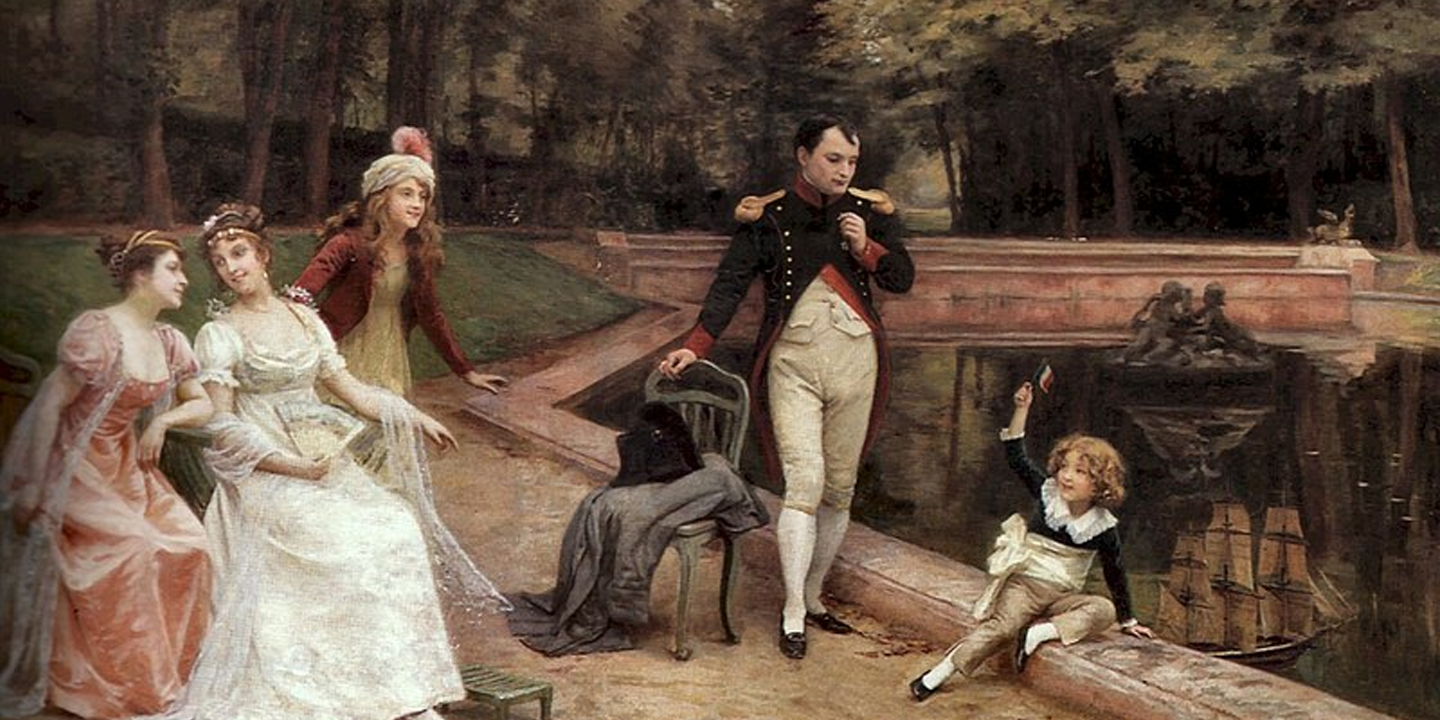
The 20 Most Recognized Historical Figures Of All Time
The Biggest Names In History. Although the Earth has been…
By Cathy Liu Oct 4, 2024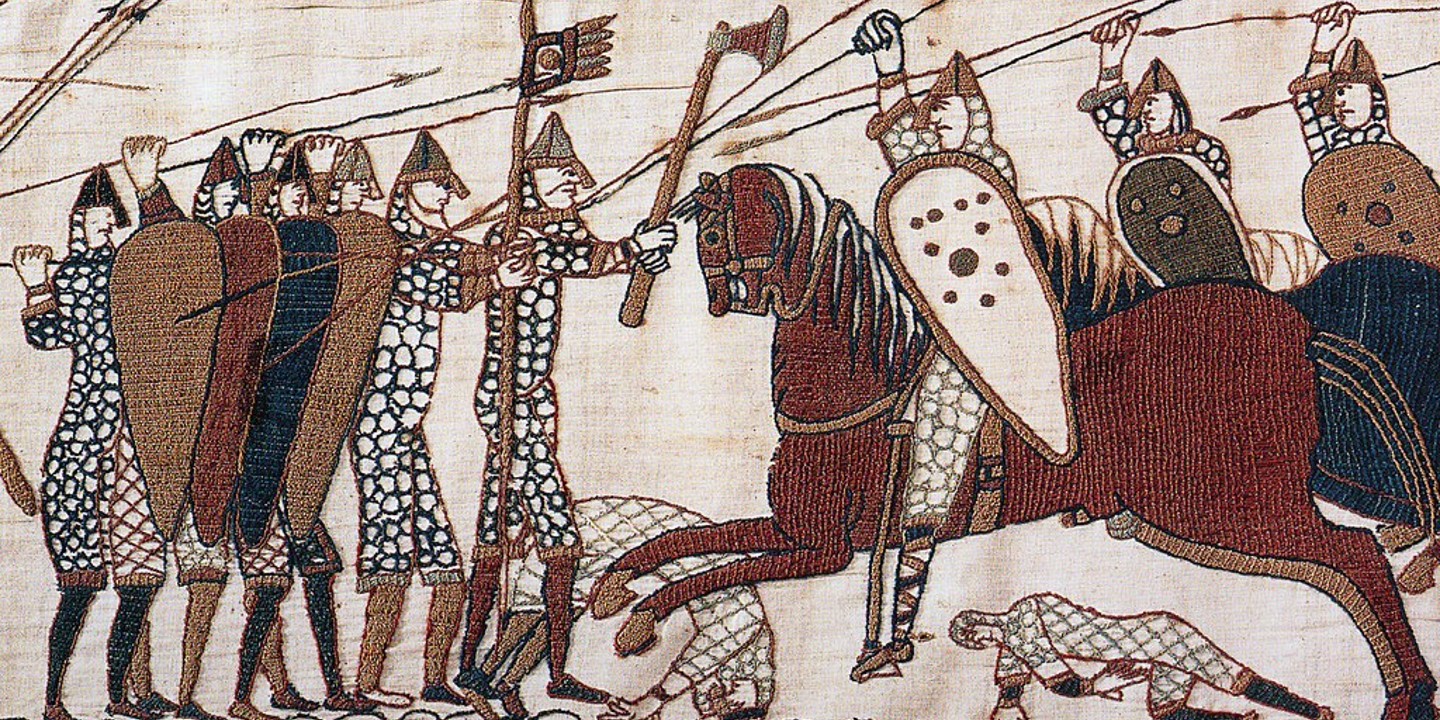
10 of the Shortest Wars in History & 10 of…
Wars: Longest and Shortest. Throughout history, wars have varied dramatically…
By Emilie Richardson-Dupuis Oct 7, 2024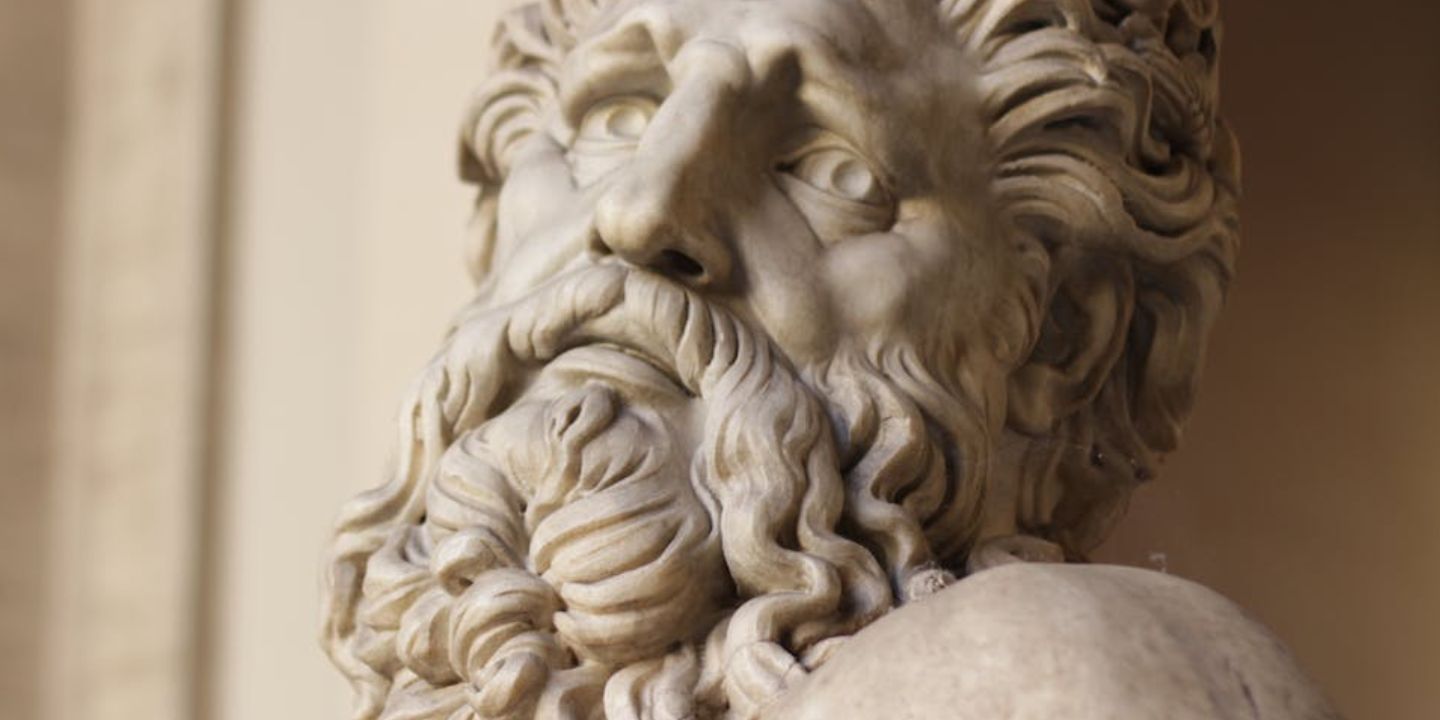
10 Fascinating Facts About Ancient Greece You Can Appreciate &…
Once Upon A Time Lived Some Ancient Weirdos.... Greece is…
By Megan Wickens Oct 7, 2024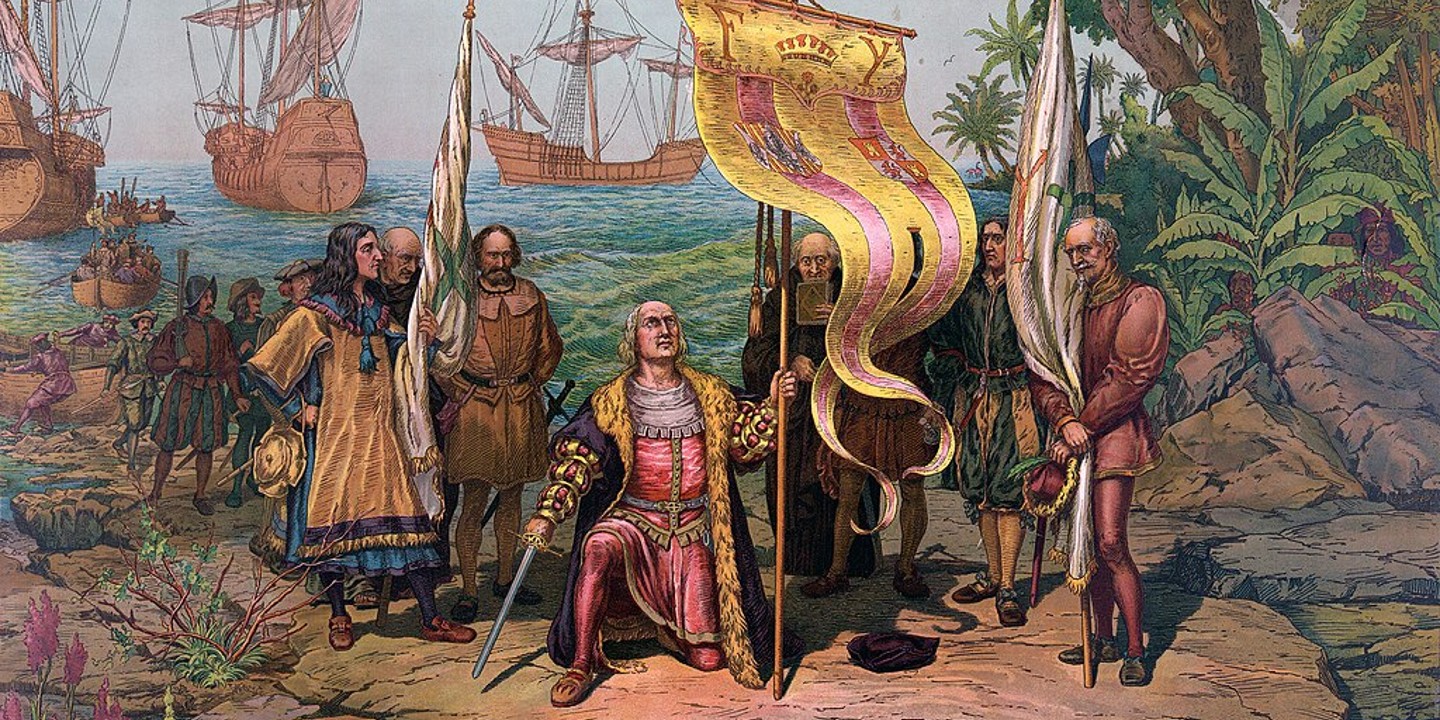
20 Lesser-Known Facts About Christopher Columbus You Don't Learn In…
In 1492, He Sailed The Ocean Blue. Christopher Columbus is…
By Emilie Richardson-Dupuis Oct 9, 2024
20 Historical Landmarks That Have The Craziest Conspiracy Theories
Unsolved Mysteries Of Ancient Places . When there's not enough evidence…
By Megan Wickens Oct 9, 2024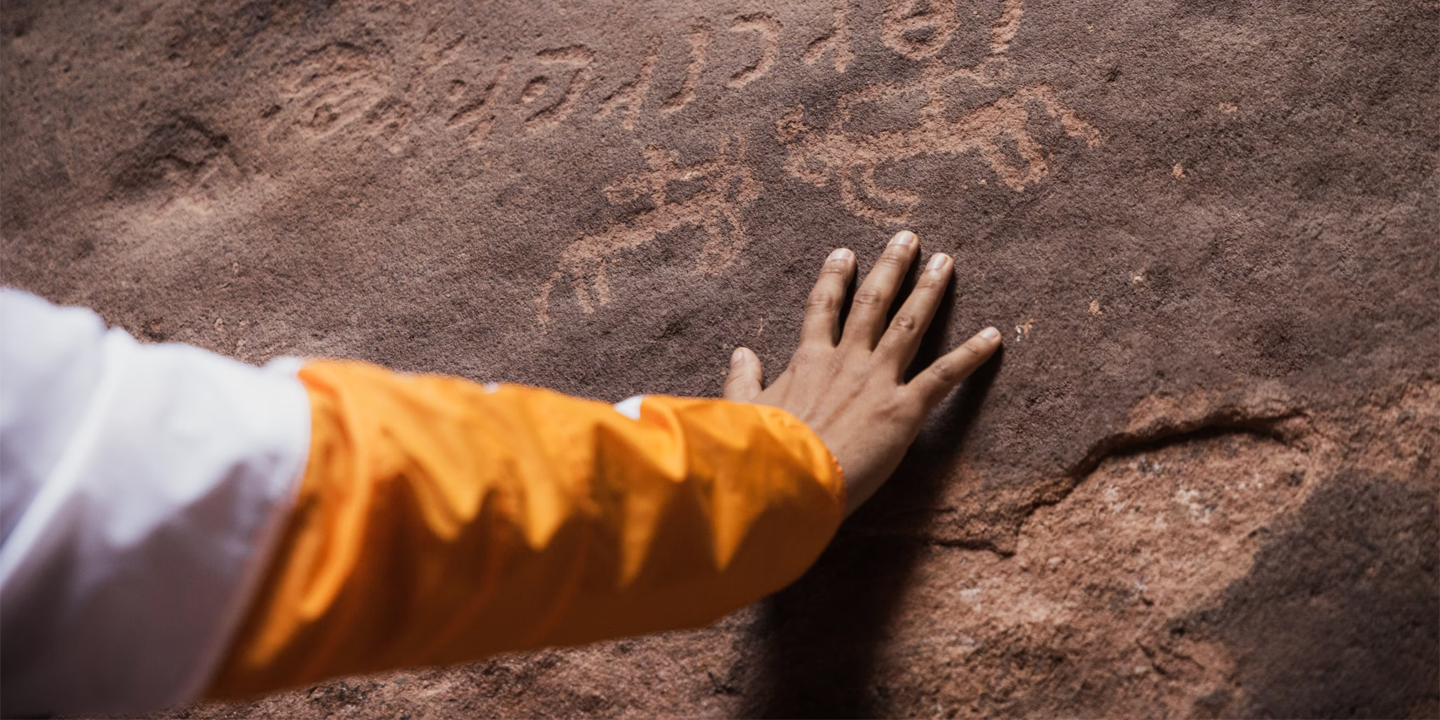
The 20 Craziest Inventions & Discoveries Made During Ancient Times
Crazy Ancient Inventions . While we're busy making big advancements in…
By Cathy Liu Oct 9, 2024

















